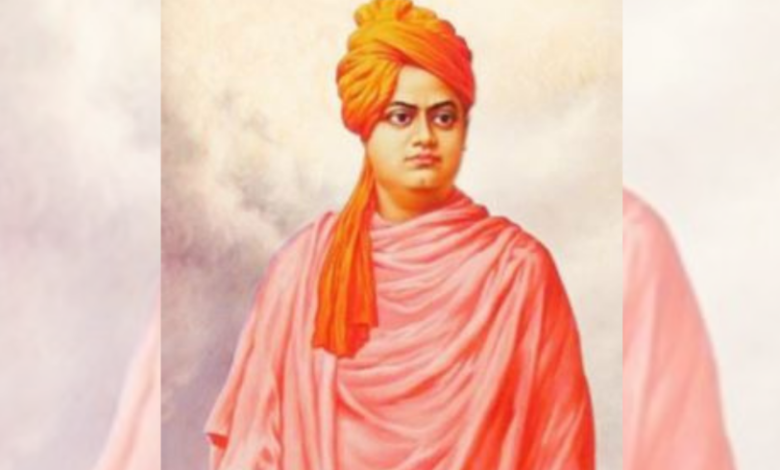We Must Embrace The Way The Reservation System Is Evolving: Vivekananda Prasad

Former Law Minister Ravi Shankar Prasad has maintained that the Supreme Court’s Constitution Bench decision upholding the 10% reservation for the Economically Weaker Sections (EWS) introduced by the Narendra Modi-led Central government upholds the ability of Parliament to change the Constitution, the significance of not questioning legislative intent, the validity of economic criteria for reservation, and that the alleged disadvantages of one cannot outweigh the benefits of another.
Mr. Prasad further claimed in an interview that this is a sign of the evolution of the reservation’s boundaries and that this evolution should be allowed to proceed unimpeded. Commentaries:
Ques: What causes the EWS class’ backwardness, in contrast to how Scheduled Castes (SCs), Scheduled Tribes (STs), and Other Backward Classes (OBCs) regard their backwardness as connected to their caste identities?
Ans: When it comes to OBCs, keep in mind that they did not experience the same level of hardship as the SCs. Therefore, the Constitution’s authors correctly considered the entirety of India’s social empowerment movement. Now, if you also want to include the economic marginalization and poverty of many of these communities in the name of inclusive development, that is exactly what has been done. Therefore, whoever makes the analogy is wrong in its entirety. And can they stop the Parliament from passing legislation on a certain topic using that reasoning? The collective will of the people is represented in parliament. The Narendra Modi administration was solely responsible for this. When the Constitutional Amendment was proposed in Parliament, everyone agreed that it was necessary and supported it.
Ques: What social injustice or discrimination did the government at the time believed to be the root cause of this newly created class’s economic underachievement?
Ans: One component of it is discrimination. Nothing in this Article shall prohibit the state from creating a specific provision for the advancement of any socially or educationally underprivileged class of citizens, or for SCs and STs, according to [the Constitution]. Thus, discrimination is not specifically acknowledged in this passage. It is mentioned that there is a call for opportunity equality. There is a case for not discriminating against women or people of different religions, but there will need to be special considerations for STs, SCs, and members of socioeconomically and educationally disadvantaged classes. This would be unfortunate because OBC, ST, and SC are all distinct from one another. Don’t we observe changing benchmarking norms as time goes on, preventing reservation from becoming a monopoly of a select few? Therefore, it is a good thing that income, social standing, and ownership of land have all been benchmarked, especially for OBCs. So, allow it to develop. And this evolution ought to be allowed to continue unhindered with occasionally clear parliamentary intervention.
Ques: Another factor is that the EWS quota is essentially a forward-caste reservation because of the exclusion in it. What are your thoughts on this argument?
Ans: I’d say it’s an argument made solely for the sake of arguing, with no logic or supporting evidence. How can one define an economically weaker section when the amendment itself states that it will be determined by the state based on income and other criteria? As a result, the entire argument is totally irrelevant. Existing reservation rights have not been impacted at all, as I mentioned at the outset.
Ques: Where do we go from here, then? Is the government anticipating a gradual decrease in the need for caste-based reservations now that the economic qualification process has been liberalized?
Ans: Do SC and ST lads perform well on merit today or not? And I’m thrilled to see so many members of the privileged class excel in their fields. I can tell you that there is a group named DICCI – Dalit Indian Chamber of Commerce – that functions similarly to FICCI. What’s more, only Dalit business owners with annual revenues of at least 50 crores will be allowed to join. They are thriving so much. I strongly endorse them. Their underlying message is that we provide work rather than seek it. As the previous minister of information technology, I can say with certainty that many OBC and SC members of the so-called reserved category, in particular, are succeeding as entrepreneurs. Jobs are being offered. Technology, entrepreneurship, and merit are three factors that are unquestionably changing how reservations are defined. We must embrace that. The pace of innovation, entrepreneurship, and creativity in India should therefore be allowed to continue unrestricted without any attempt to regulate or eliminate the existing reservations for these groups, which is a perfectly legitimate constitutional obligation.
News Mania Desk






